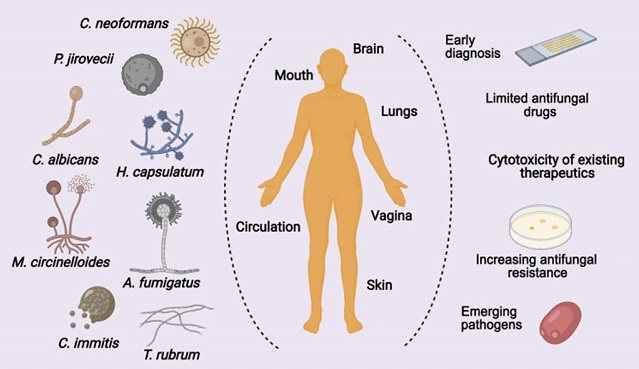CanceRNA, a global consortium that will apply RNA-based therapeutics to successfully unlock anti-cancer immune responses, is being led by Professors at the Hebrew University of Jerusalem and The Hadassah Cancer Research Institute (HCRI) at the Hadassah University Medical Center.
CanceRNA aims to impact the future of cancer treatment by developing and validating novel RNA-based therapeutics. This three-year project comprises multi-disciplinary activities to assess in-vitro and in-vivo validation, bioinformatics, delivery, and safety based on new and effective modalities of immunotherapy for cancer treatment. The CanceRNA team of researchers and scientists will be harnessing the modulation of RNA processing to enhance the accessibility and immune susceptibility of the tumor and its microenvironment, while working to enhance the activity of the immune system by retargeting immune effector cells, modulating RNA splicing of key immune receptors and developing personalized mRNA vaccines.
The CanceRNA team, led by Professor Michal Lotem, MD, Head of HCRI, the Center for Melanoma and Cancer Immunotherapy, and Prof. Rotem Karni Department Chair at Biochemistry and Molecular Biology, Hebrew University-Hadassah Medical School, will focus on two main goals. First, will be harnessing the modulation of RNA processing to increase the immunogenicity of “cold” cancers which lack genomic mutations, to exploit abnormal transcripts and evoke immune response; and second, enhancing the activity of the immune system by retargeting immune effector cells, modulating RNA splicing of key immune receptors and developing personalized mRNA vaccines.
Will you offer us a hand? Every gift, regardless of size, fuels our future.
Your critical contribution enables us to maintain our independence from shareholders or wealthy owners, allowing us to keep up reporting without bias. It means we can continue to make Jewish Business News available to everyone.
You can support us for as little as $1 via PayPal at office@jewishbusinessnews.com.
Thank you.
Israel Startup Nation is known for its high tech breakthroughs. But Israel has also been known for its scientific and medical breakthroughs. And there have been a number of other cancer treatment breakthroughs made in Israel in 2022 alone.
Earlier this week, Researchers from Tel Aviv University deciphered, for the first time, a mechanism that enables skin cancer to metastasize to the brain and managed to delay the spread of the disease by 60% to 80% using existing treatments.
And just a few weeks ago, Tel Aviv University researchers also effectively eradicated glioblastoma, a highly lethal type of brain cancer. The researchers achieved the outcome using a method they developed based on their discovery of two critical mechanisms in the brain that support tumor growth and survival: one protects cancer cells from the immune system, while the other supplies the energy required for rapid tumor growth.
While RNA-based therapies, namely mRNA vaccines, shone during the pandemic and saved millions of lives, they have yet to be successfully tested in cancer therapies. The HCRI hosted the opening meeting and workshops of CancerRNA in Jerusalem this month to plan, collaborate and advance the aims of this groundbreaking international consortium to impact the future of cancer treatment.
This multi-disciplined team is composed of international leaders in the fields of RNA research, clinicians and biotech-pharma experts in RNA processing, RNA drug design and delivery, biocomputing and immuno-oncology: Wolf Prize Laureate Prof. Lynne Maquat of the University of Rochester; Prof. Maria Carmo Fonseca of the University of Lisbon; Prof. Juan Valcarcel of the Center for Genomic Regulation in Barcelona; Prof. Tanja DeGruijl of the University of Amsterdam; Prof. Niels Schaft of the University of Erlangen; Erez Levanon of Bar Ilan University; Seth Salpeter of Immunyx; Pablo Menendez of Jose Carreras Leukemia Institute in Spain; Evelien Smits of the University of Brussels; and Regine Shevach, Simon Geissler and Daniel Helman of Merck.
“CanceRNA will initially focus on two cancer types, acute myeloid leukemia, relevant for pediatric cancer, and uveal melanoma, both of which harbor splicing factor mutations and that are generally refractory to immunotherapy,” said Prof. Lotem. “Our hope is to utilize RNA-based therapeutics to overcome what until now, have been key barriers to successful anti-cancer immune responses.”
“The combination of experts from all over Europe in the fields of RNA biology, immunology, bioinformatics and drug transport will propel the development of the next generation of immunotherapy cancer treatments,” added co-CanceRNA leader, Professor Rotem Karni, Chair of the Biochemistry and Molecular Biology Department at the Hebrew University-Hadassah Medical School.




